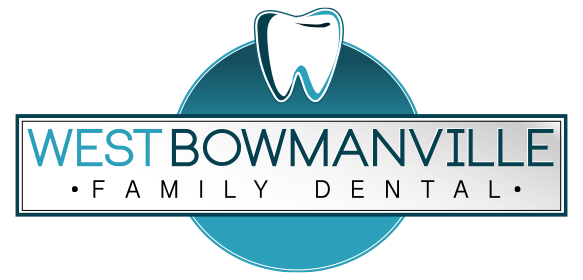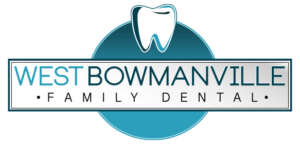Although adult teeth are meant to last for life, unfortunately, this isn’t always the case, and sometimes we will suggest removing a tooth after exhausting all other treatment options. You might need a tooth extracted if it is so severely damaged or decayed, we cannot restore it.
Tooth removal in Newcastle is sometimes needed when a tooth is infected, and where we must extract the tooth to prevent the infection from spreading. This is why we thoroughly recommend seeing a dentist at the first sign of trouble, as the sooner we can treat a tooth infection, the greater the chance we can save the tooth!
Other reasons for extracting teeth include in preparation for orthodontics or where a tooth is malformed. Wisdom teeth can often cause problems when they become impacted or stuck underneath adjacent teeth and have no hope of emerging properly.
Extracting Teeth Gently and Comfortably
Before removing a tooth, we numb the area with local anesthetic. If you need multiple teeth removing and are a bit anxious about this procedure, please ask us about sedation dentistry in Clarington. We want to make sure you feel comfortable and relaxed. The procedure to remove a tooth is usually quite fast. We use special tools to loosen the tooth gently, removing it carefully to reduce damage to the surrounding tissues.
If you intend to replace a tooth with a dental implant in Bowmanville, we might be able to insert an implant on the same day. Otherwise, the empty socket is left to heal. We might stitch the socket shut or leave it open to form a blood clot in the socket. The blood clot is important for protecting the tooth socket and preventing infection during healing, so it mustn’t be dislodged once formed.
What to Do After a Tooth Extraction?
After having a tooth extraction in Courtice, you will probably want to take it easy for the rest of the day. If the extraction site is open, you might experience some oozing for the first few hours afterwards. When the anesthesia wears off, you may feel some discomfort, but over-the-counter painkillers should relieve these feelings. If you have facial swelling, try using an ice pack on your cheek, holding it in place for no longer than ten minutes each time.
Choose softer foods while the empty socket heals, such as applesauce, yogurt, mac and cheese and mashed potatoes. Avoid anything very hard or crunchy such as nuts and seeds that could become stuck in the socket.
What to Avoid After a Tooth Extraction?
After having a tooth extraction, avoid smoking, as this can slow down healing. You shouldn’t drink from a straw for at least the first 24 hours, as the sucking action can dislodge the blood clot that protects the empty socket. When brushing your teeth, avoid the extraction site, and make sure you don’t rinse or spit vigorously for at least the first 24 hours after the extraction, again to avoid dislodging the blood clot.
Usually, healing takes a couple of weeks, during which time new bone and gum tissue develop in and around the empty socket. It’s rare for tooth extractions to cause any complications, and you should find any discomfort disappears after the first few days as healing continues. If an empty socket gets more painful, and you notice it looks red or swollen or that you can see the bone, it’s worth contacting your dentist. In a tiny percentage of cases, people can develop dry socket, where the blood clot is dislodged, exposing the bone underneath, which can become infected. It is a treatable condition but can slow down healing.

